Maariv: Israel worried Sudan may back out of normalization deal
Sudan has expressed its “absolute refusal and rejection” of a decision by the African Union Commission to grant Israel observer status, despite signing an agreement last year to normalize ties with the Tel Aviv regime.
The decision "contradicts the efforts and principles of the African Union and undermines the spirit of cooperation, mutual respect and consensus,” the Sudanese Foreign Ministry said in a statement carried by the official news agency SUNA on Friday.
The statement came s the Hebrew-language Maariv newspaper reported that Israeli officials are worried that Sudan could gradually withdraw from the normalization agreement.
According to the newspaper, US officials recently met with Sudanese authorities to discuss the details of the normalization agreement, and to prevent Sudan from withdrawing from the accord.
Maariv said Washington has put pressure on Sudanese officials to formally sign the final agreement.
Sudan agreed to normalize ties with Israel in October last year and an Israeli delegation visited Khartoum the following month.
On January 6 this year, Sudan signed the so-called Abraham Accords, normalizing ties with Israel.
A statement from the office of Sudan’s Prime Minister Abdalla Hamdok at the time said Justice Minister Nasredeen Abdulbari had signed the accord with visiting former US Treasury Secretary Steven Mnuchin.
The signing came just over two months after former US president Donald Trump announced that Sudan had agreed to normalize relations with Israel.
But protests against normalization have continued in the African nation.
Sudan’s Popular Congress Party, the second most prominent component of the Forces of Freedom and Change (FFC) political coalition, said in a statement that Sudanese people were not obligated to accept the normalization deal.
Sudan’s former Prime Minister Sadiq al-Mahdi also slammed the announcement, adding that he withdrew from a government-organized conference at the time in protest.
Furthermore, Palestinians strongly condemned Sudan’s agreement to normalize relations with the Israeli regime.
The Islamic resistance movement Hamas said in a statement that the move had shocked Palestinians, Arab and Muslim nations, as well as freedom-loving people of the world.
“Sudan, indeed, loses its position as a leading Arab and Muslim country by agreeing to sign such a deal," the statement said.
“We call on the Sudanese people to express their rejection of this dishonorable agreement that won’t bring about stability and prosperity, but rather chaos, deterioration, and disgrace,” it added.
On Thursday, Palestinian Foreign Minister Riyad al-Maliki called on the African Union (AU) to reverse the decision by the pan-African bloc’s decision to grant Israel observer status at the continental organization, urging the bloc to stand by Palestine and reject a tacit endorsement of present-day colonialism amid Israeli war crimes.
"The attempt by some to support Israel's application for observer status in the African organization has rightly provoked sentiments of shock and rejection by those who wish to see Africa preserve and defend its proud legacy of successfully defeating racist colonialism and oppression," Maliki said in an open letter addressed to the African Union’s Executive Council as the bloc met in the Ethiopian capital of Addis Abbas for the 39th session of the executive council.
On July 22, Israel attained observer status at the AU after nearly 20 years of lobbying.
Israel had previously held observer status in the predecessor Organization of African Unity until 2002, when the organization was disbanded and replaced by the AU.
Experts say Israel’s new observer status is largely seen as part of the Tel Aviv regime’s continued effort to normalize ties in Africa.
Several African countries, including Botswana, South Africa, Namibia, and Algeria, had already opposed Israel’s accreditation.
They say AU member states were not consulted and the decision is in opposition to the body’s support for the Palestinian cause.
Pro-Palestine language is typically featured in statements delivered at the AU’s annual summits. Palestine already has observer status at the African Union.
VIDEO | London's Muslim Shopping Festival kicks off
VIDEO | Killings continue in Gaza as aid restrictions, arrests draw intl. criticism
VIDEO | Defending sovereignty: Iraq's annual conference celebrates anti-terror icons
Mossad-linked terrorist ringleader trained for ‘urban warfare’ neutralized by Iranian intel. forces
Mediterranean dockworkers stage coordinated strike in solidarity with Gaza
US intel. chief blocked report on ‘call between foreign agent and Trump associate': Whistleblower
VIDEO | Al-Zahra: Once vibrant Gaza City reduced to ruins in Israeli bombing and selling
Iraqi volunteers enlist to support Iran against potential US attack


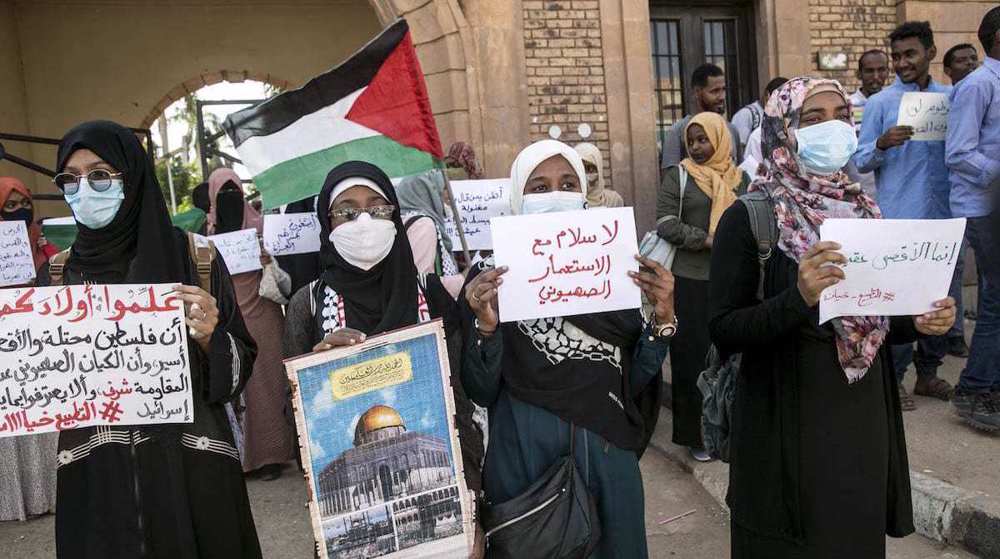
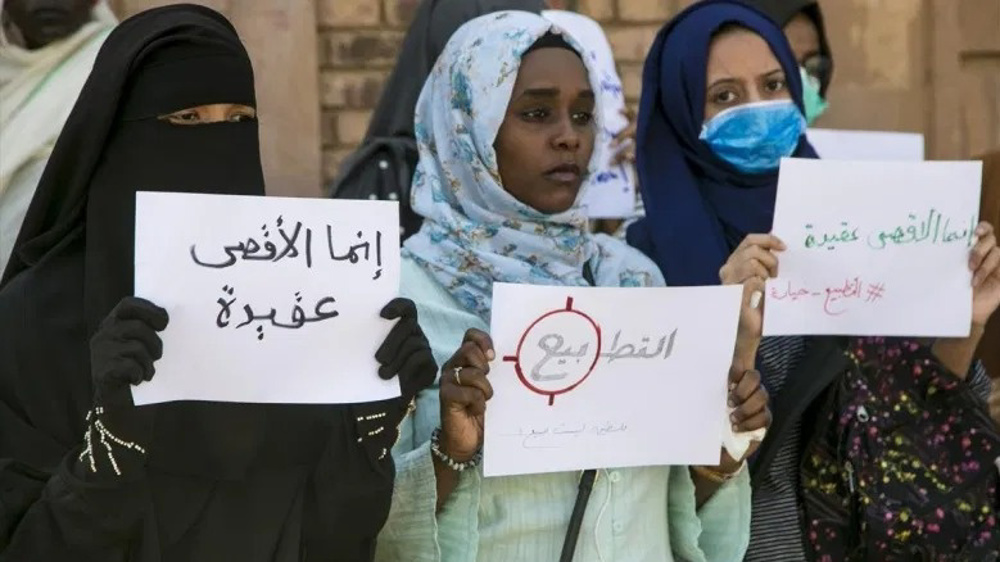
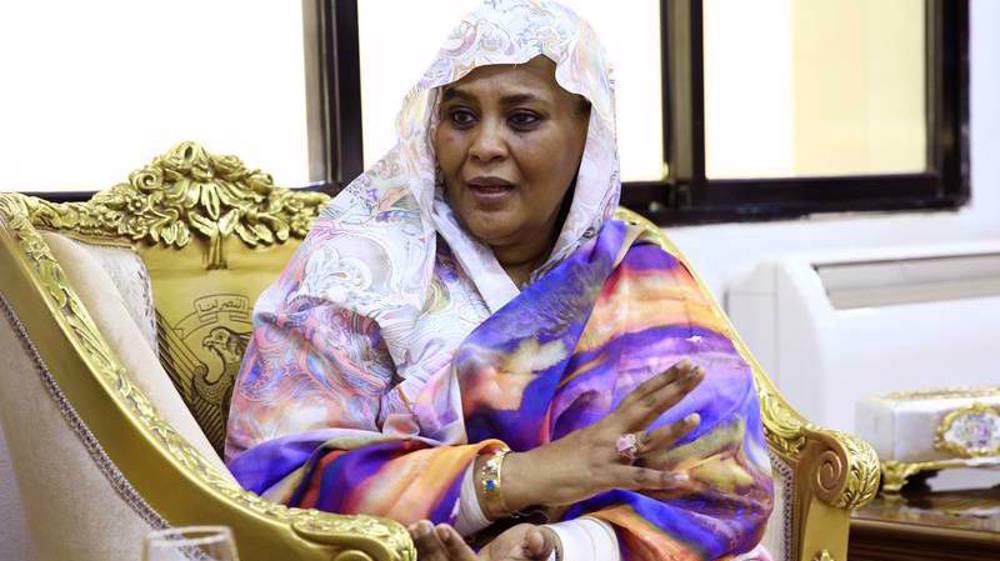
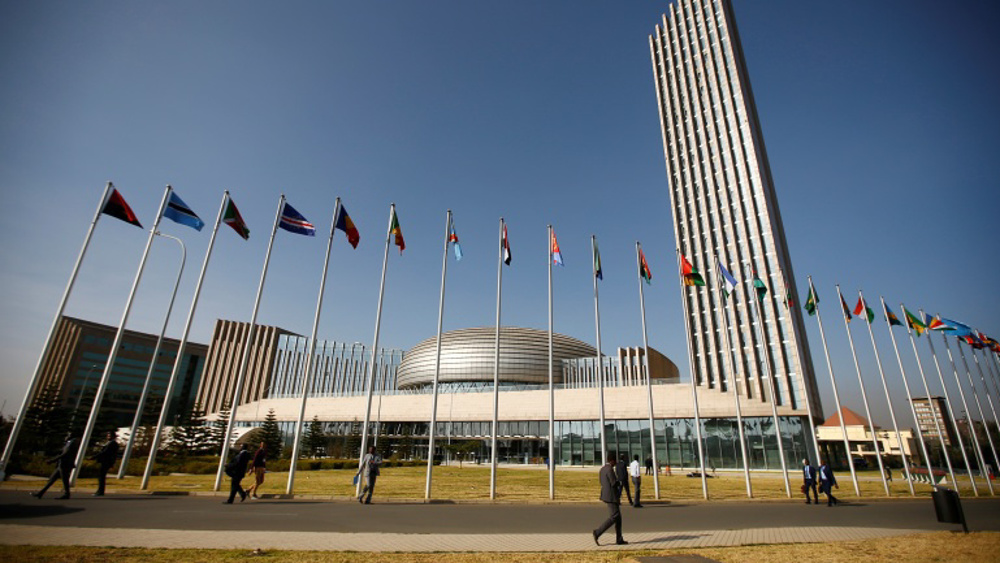
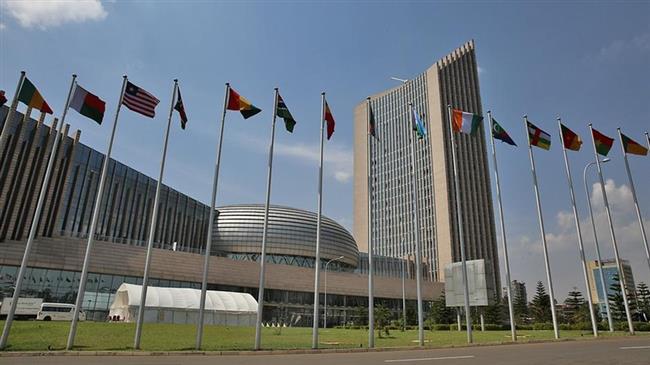
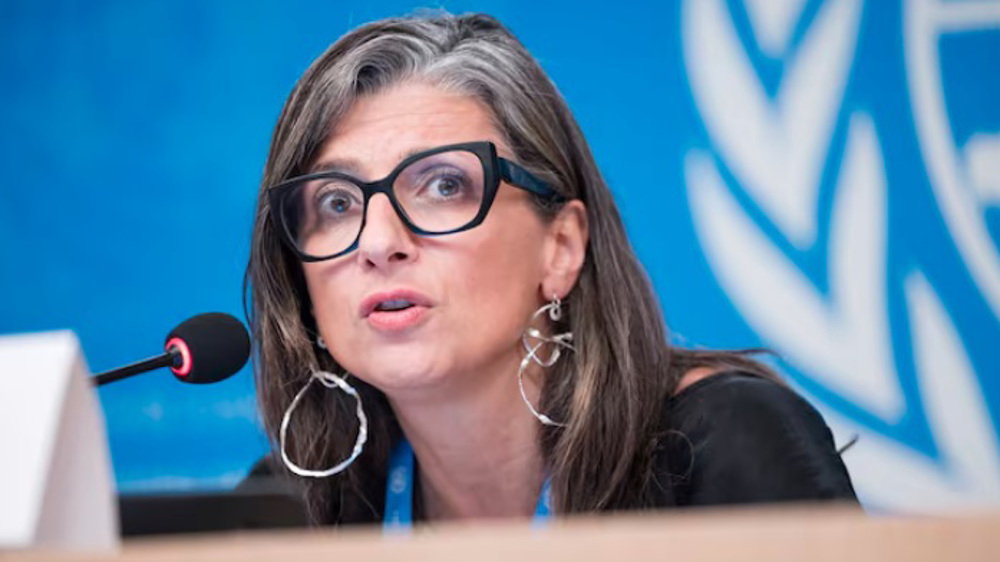








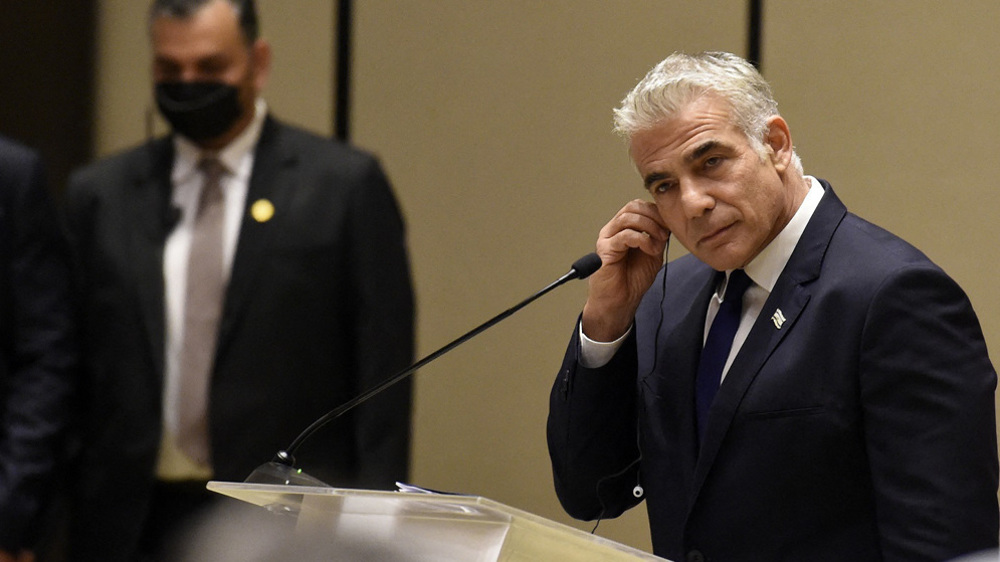

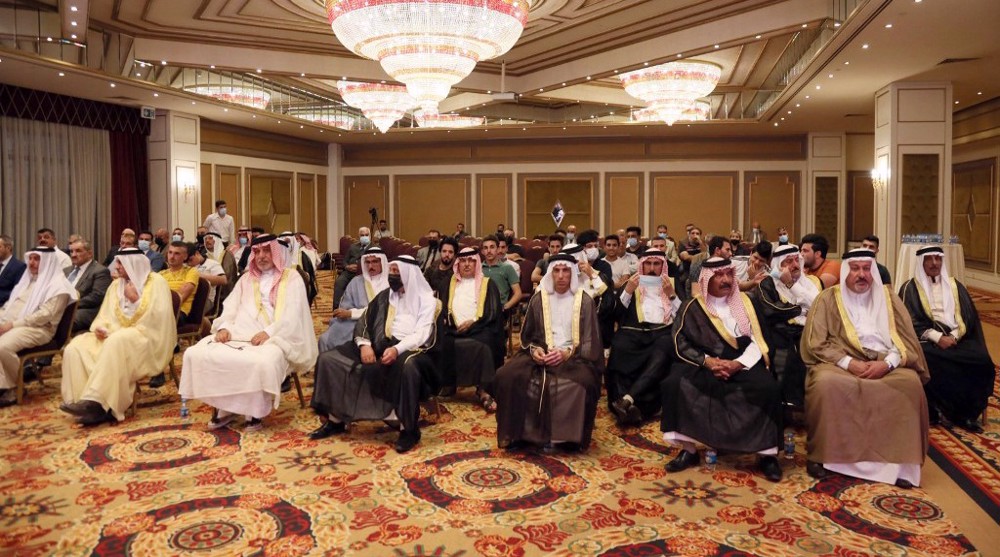

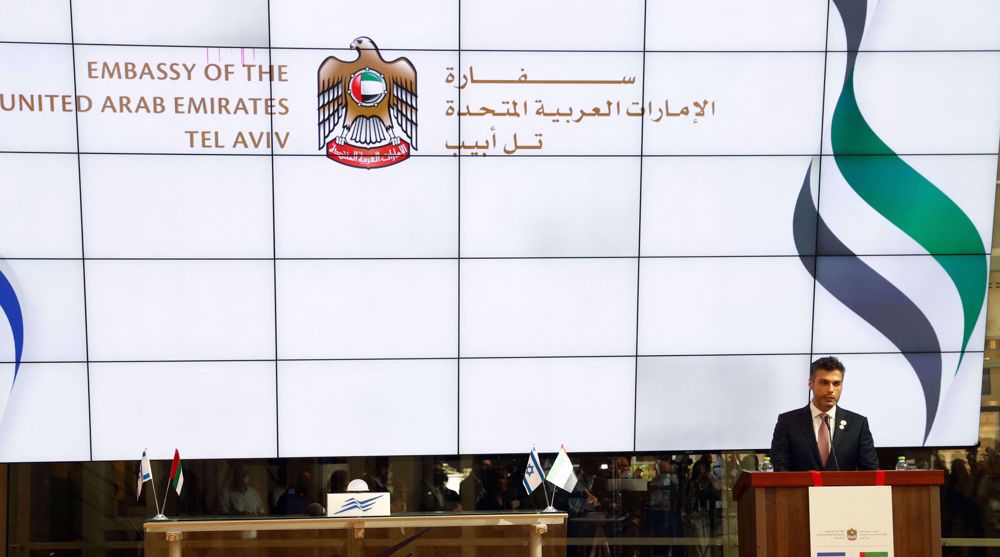



 This makes it easy to access the Press TV website
This makes it easy to access the Press TV website